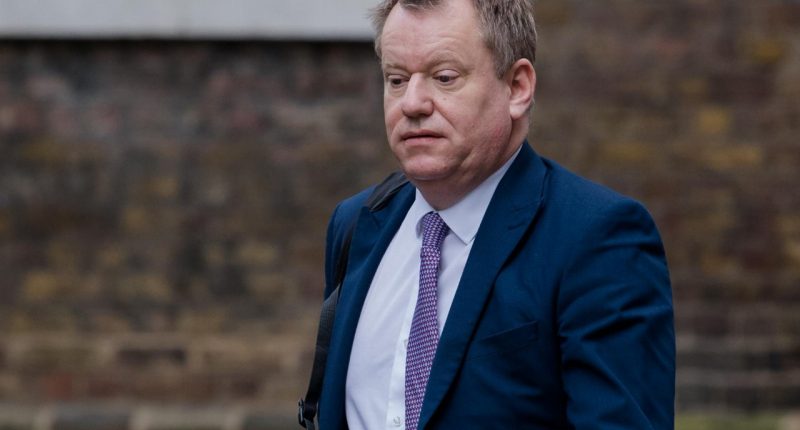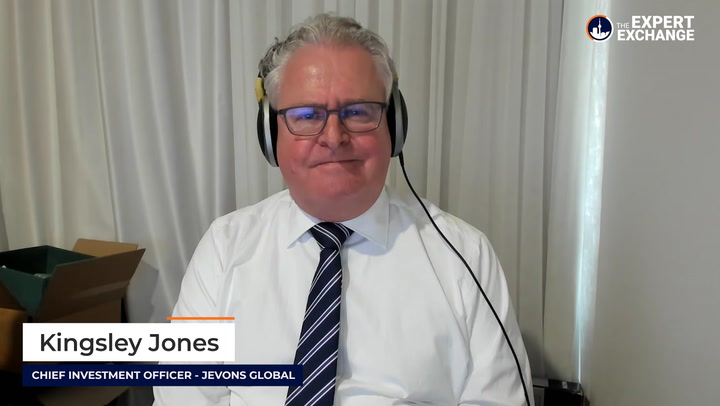- The UK once more extends a post-Brexit grace period on some goods imports to Northern Ireland, though this time there’s no end date in sight
- London initially agreed that Northern Ireland would continue to trade under EU rules and product standards to avoid a hard land border on the island of Ireland
- A grace period was initially agreed upon between the EU and the UK to ease the UK’s transition out of the bloc
- Now, London has reversed its position on the initial agreement and continually extended the grace period to allow for ongoing talks with Brussels
- While Brussels is not taking legal action for the latest extension, the European Commission says a renegotiation of the Northern Ireland rules is off the cards
The United Kingdom has once more extended a post-Brexit grace period on some goods imports to Northern Ireland, though this time there’s no end date in sight.
UK Brexit minister David Frost said on Monday London wants to extend the grace period on some EU rules in place for Northern Ireland designed to avoid a hard border on the British-ruled province.
These rules are known as the Northern Ireland Protocol.
The grace period has already been extended twice, but each time for only a few months while London and Brussels discuss the trading arrangements between Northern Ireland and Great Britain.
The latest extension has no such deadline in a bid to allow for more talks between the EU and UK leaders, Minister Frost said.
“To provide space for potential further discussions (with the EU), and to give certainty and stability to businesses while any such discussions proceed, the government will continue to operate the protocol on the current basis,” he said.
“This includes the grace periods and easements currently in force.”
What’s the trade issue about?
The issue of trade between Northern Ireland and Great Britain has been one of the most contentious talking points regarding the UK’s exit from the European Union, essentially boiling down to the fact that Northern Ireland is part of the United Kingdom while the Republic of Ireland is not.
This means the Republic of Ireland — an EU member nation — will have to impose EU trading rules against Great Britain and Northern Ireland.
These rules include mandatory checks on certain goods arriving into the EU from any other country. Foods like milk and eggs require inspection upon arrival to EU countries from non-member countries, while products like chilled meats aren’t allowed to enter at all.
When the UK was part of the EU, this was a non-issue because goods could move freely between Great Britain and all of Ireland.
However, with Northern Ireland no longer a member state, the EU’s rules meant checks would now apply between the two nations that occupy the island of Ireland.
As such, Great Britain agreed as part of its Brexit negotiations that Northern Ireland would continue operating under conventional EU rules for product standards.
This meant goods could flow freely between Northern Ireland and the Republic of Ireland and, importantly, there would be no need to build a land border between the two nations.
As a side effect of these rules, however, Great Britain would not be able to export cold meats to Northern Ireland at all, and other goods would be subject to EU checks.
London has since reversed its position on this part of its Brexit agreement — even though it was initially agreed upon between the UK and the EU — hence the need for ongoing discussions between London and Brussels.
There was an agreed-upon grace period where these rules would not apply to Northern Ireland as the UK transitioned out of the EU. It’s this grace period that London has continually extended.
What does the EU say?
Brussels has not formally agreed to the latest extension of the Northern Ireland grace period but will, for the moment, hold back on launching legal proceedings against the UK.
A European Commission spokesperson said in a statement this week the bloc has no plans to renegotiate the protocol with London.
“The protocol is an integral part of the withdrawal agreement and the agreed solution between the UK and the EU to the problems caused by Brexit for the island of Ireland,” the statement said.
“Both sides are legally bound to fulfil their obligations under the agreement.”
While renegotiation is off the cards, the European Commission said it will continue to engage “constructively” with the UK to find a long-term solution to the protocol issues in the interest of all communities in Northern Ireland.








